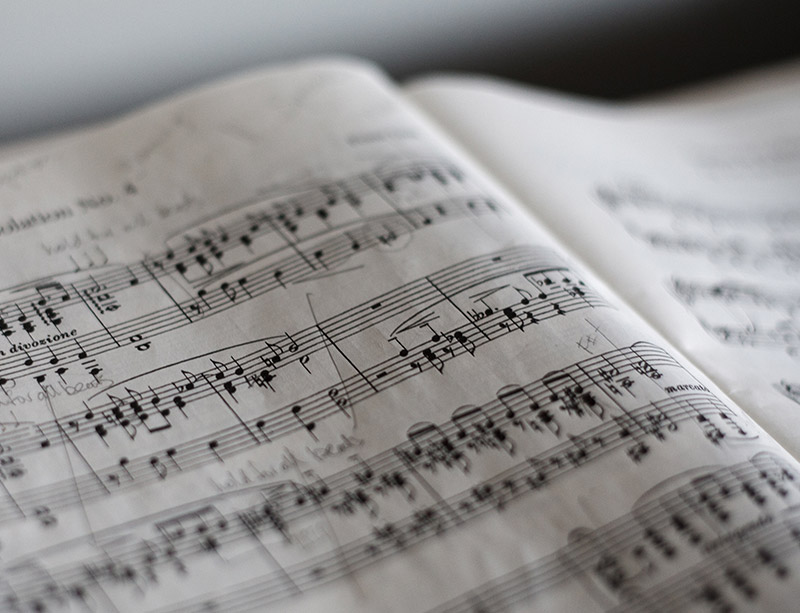Music theory is the study of the practices and possibilities of music. It covers a wide range of topics, including the elements of music, such as melody, harmony, rhythm, and form; the history of music, including styles and composers; and the analysis of musical works. A music theory class is a great way to gain a deeper understanding of music and to improve your own musical skills, whether you’re a musician or simply a music lover.
The first thing you’ll learn in a music theory class is the elements of music. This includes rhythm, which refers to the pattern of long and short sounds and silences in music; melody, which is the main tune or line in a piece of music; harmony, which is the combination of different pitches sounded at the same time; and form, which refers to the structure of a piece of music, such as ABA form, binary form, and sonata form.
You’ll also learn about musical notation, which is the system of symbols used to represent music on a page. This includes understanding the staff, the clef, and the various notes and rests. You’ll learn how to read sheet music and how to write it, which is a valuable skill for any musician.
Another important aspect of music theory is the study of harmony. This includes learning about chord progressions, which are the sequences of chords that are used in a piece of music, as well as the principles of voice leading, which is the art of moving the voices in a piece of music so that they sound smooth and natural.
In a music theory class, you’ll also learn about the history of music, including the different styles and composers of various musical periods. For example, you’ll learn about the Baroque period, the Classical period, and the Romantic period, as well as the composers who defined each period, such as Bach, Beethoven, and Chopin.
One of the most important skills you’ll develop in a music theory class is the ability to analyze music. This means breaking down a piece of music to understand its structure, harmony, and rhythm, as well as its historical context and cultural significance. You’ll learn how to identify different forms, such as sonata form, binary form, and rondo form, and how to recognize the various musical elements that make up a piece of music, such as melody, harmony, rhythm, and form.
In addition to these traditional areas of study, many music theory classes also cover more contemporary topics, such as popular music, world music, and music technology. For example, you may learn about the elements of rock, hip-hop, and electronic music, as well as the various musical instruments and technology used in these genres.
Taking a music theory class can benefit you in many ways, regardless of your musical background or goals. If you’re a musician, understanding music theory can help you become a better player, composer, or arranger. If you’re not a musician, but simply a music lover, understanding music theory can deepen your appreciation for and understanding of music.
In a music theory class, you’ll be surrounded by like-minded people who share your love of music, and you’ll have the opportunity to learn from experienced musicians and musicologists. You’ll also have the chance to practice what you learn in class through exercises and assignments, which will help you solidify your knowledge and develop your skills.
Finally, a music theory class can be a great way to challenge yourself and expand your horizons. By learning about the different styles, composers, and forms of music, you’ll gain a greater appreciation for the diversity of musical expression and the many ways in which music can be used to convey emotions and ideas.

